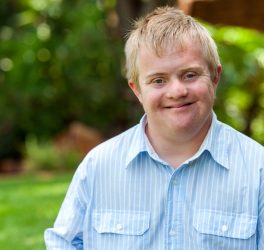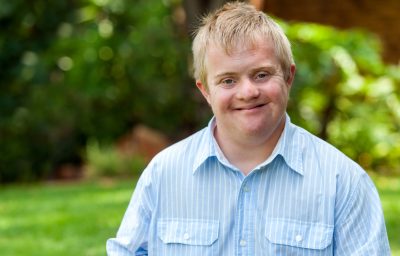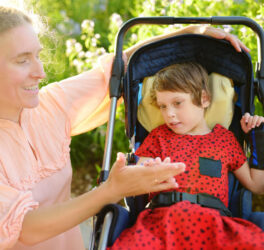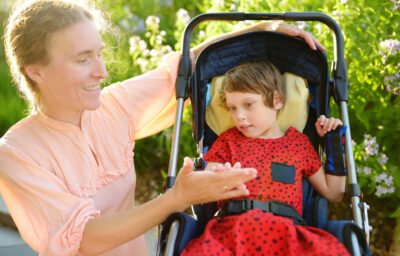
UC Davis Health study found that two prominent early intervention models for autism had a similar impact. The researchers compared developmental and symptom improvements in toddlers with autism who received one year of one-on-one intervention sessions using either the Early Intensive Behavioral Intervention (EIBI) or Early Start Denver Model (ESDM).
They found that the effect did not differ significantly whether delivered at 15-hours or 25-hours per week.
“When parents receive the first diagnosis, they typically ask: What kind of treatment should I seek and for how many hours per week?” said Sally J. Rogers, professor emeritus of psychiatry and behavioral sciences at the UC Davis MIND Instituteand lead author on the study. “As clinicians, we had no data from well-controlled experimental studies to answer these questions. This study is the first to ask these questions experimentally.”
Their study, published in the Journal of the American Academy of Child and Adolescent Psychiatry, found that neither the type of intervention nor the intensity of delivery led to significant differences in the children’s rate of progress.
The two interventions vary considerably in their delivery style and underlying theories. EIBI is based on applied behavior analysis and uses simple, structured instructions to teach the children. ESDM is naturalistic and based on developmental and behavioral sciences with an interactive style embedded in everyday activities, both play and typical routines.
Previous studies have documented that both treatment types can result in significant child gains in language understanding and use, learning rates, and cognitive and adaptive skills. However, recommendations for a specific number of hours per week of treatment have been based on assumptions rather than high-quality experimental evidence.








